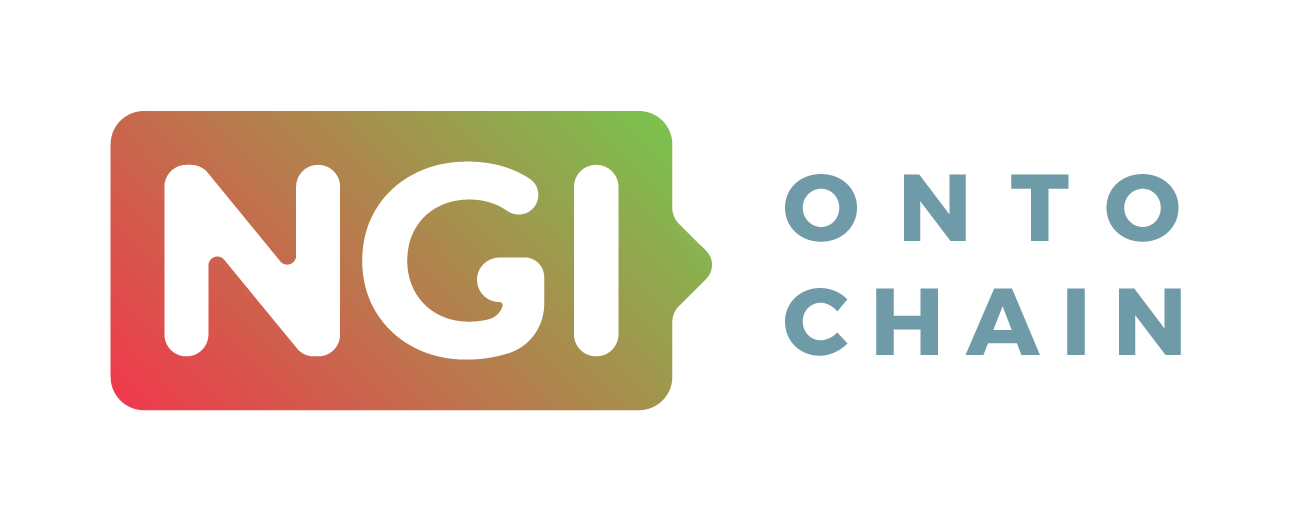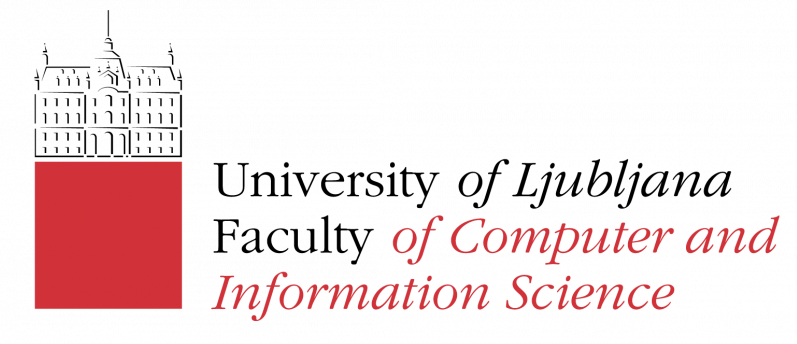Meet the UST team – Daniel, Astor and Joaquin, the brilliant minds behind the first-place victory at the NGI ONTOCHAIN Hackathon #2. In this interview, they share insights about their journey, project, and experiences with ONTOCHAIN services. Join us as we delve into their innovative accomplishments and the impact of their work.

Congratulations on being one of the ONTOCHAIN hackathon winners! Could you start by telling us a bit about yourself, your team and your background?
We are part of the blockchain practice at UST, a multinational digital technology company. We have all converged on blockchain from different backgrounds: Astor is a an architect who specialized for many years in media and broadcast technology; Daniel from a career in business model innovation and Joaquin is a developer and architect who was previously responsible for managing the development of skills and talent at a large corporation.
Your project impressed the judges. Can you provide an overview of your project and how it addresses a real-world challenge using ONTOCHAIN services?
We started with a vision, which builds on some of the themes most prevalent in society today: the climate crisis, the role of individual actions, responsibility and reward, and a rocked confidence in any sort of collective. We see people participating in schemes – such as collecting plastic bottle tops for recycling – without any certainty they were ever actually recycled and without any form of individual incentive. We see corporations sponsoring climate actions but not necessarily knowing where to target nor achieving engagement or impact from employee or customer stakeholders. We considered the advances in supply chain traceability, oracles, tokenisation, CBDCs and DAOs over the recent years and built an end-to-end scenario. Bottle top collections are tracked to the recycling plant, where an oracle would tokenise and release the rewards, which would provide a proportional vote in a DAO to agree to the funding of proposed community projects, paid for by corporate sponsorship via a CBDC. All of this would be goverened by smart contracts and be transparent. Of course due to the time constraints of the hackathon we had to simulate some elements and narrow the focus of the MVP.
How did you first hear about the ONTOCHAIN hackathon, and what motivated you to participate? Were you already familiar with ONTOCHAIN services before the hackathon?
We were aware of ONTOCHAIN and the wider NGI programme, but this was the first time we had looked closely at reusing the software ecosystem that has been built. We actually became aware of this simultaneously through the outreach of partner F6S and through social media.
ONTOCHAIN offers a range of innovative services. Which specific ONTOCHAIN services did you incorporate into your project, and how did they enhance your solution's functionality?
We explored several services and protocols offered by ONTOCHAIN Platform, and we found useful for our proposal the next: GimlyID (verifiable credentials), DESMO-LD (oracles), and Startinblox LowCode. During the hackathon, we tried to integrate them with our solution/application to improve its functionalities but we would have needed a little more time to leverage all the available capabilities of these services. We would like to continue exploring ONTOCHAIN platform in the future.
Throughout the hackathon, you had the opportunity to interact with mentors and experts. How did their guidance and support impact your project's development and final outcome?
The ONTOCHAIN team was really supportive and organised, not just on the guidance around the process and technology components, but more generally – they really created an atmosphere that – despite the hackathon being remote and over a weekend – felt open, welcoming and fun. They really hit the sweet spot between leisure and work: not too informal, but not stuffy neither.
How has your involvement with ONTOCHAIN and its hackathon contributed to your personal and professional growth?
Hackathons really throw you out of your comfort zone – they are not contractual engagements with a client and a scope of work, nor are they personal pet projects. You have to get to grips with innovative third party software in a very short time and its often through trial and error. There is certainly an element of personal satisfaction, but also professionally these initiatives raise the profile of the participants in their organizations and can be very positive.
The ONTOCHAIN hackathons are focused on using blockchain technologies to solve real-world challenges. How do you see your applications beyond the hackathon, potentially in industries or sectors?
The MVP we put together for the hackathon, and the vision behind it is very much applicable to all sorts of community ventures where you have this point where an individual contributor questions the worth of their own actions, and the relevance and impact of them in a world where corporate or governmental policy and actions dwarf anything an individual can achieve, and the climate situation is clearly one of those. Society has changed and grassroot collectives are not as powerful or attractive as they once were, and blockchain attributes such as transparency, immutability and individual empowerment are more needed than ever. That said, our MVP threw together bleeding edge ideas and it will be a while before the technology and its users mature to a stage when these can reach large scale.
Lastly, what are your future aspirations in the blockchain and technology space, and how do you envision ONTOCHAIN playing a role in your ongoing journey?
UST has played an important role in the development of blockchain technologies since 2015 and we certainly see no let up in the innovative potential. The ideas and use cases have evolved over the years and right now we are actively building on the work we performed in the Bank of England’s Project Rosalind, looking at the innovation potential of a retail CBDC system with various clients and partners.

 This project has received funding from the European Union’s Horizon 2020 research and innovation programme under grant agreement No 957338
This project has received funding from the European Union’s Horizon 2020 research and innovation programme under grant agreement No 957338




